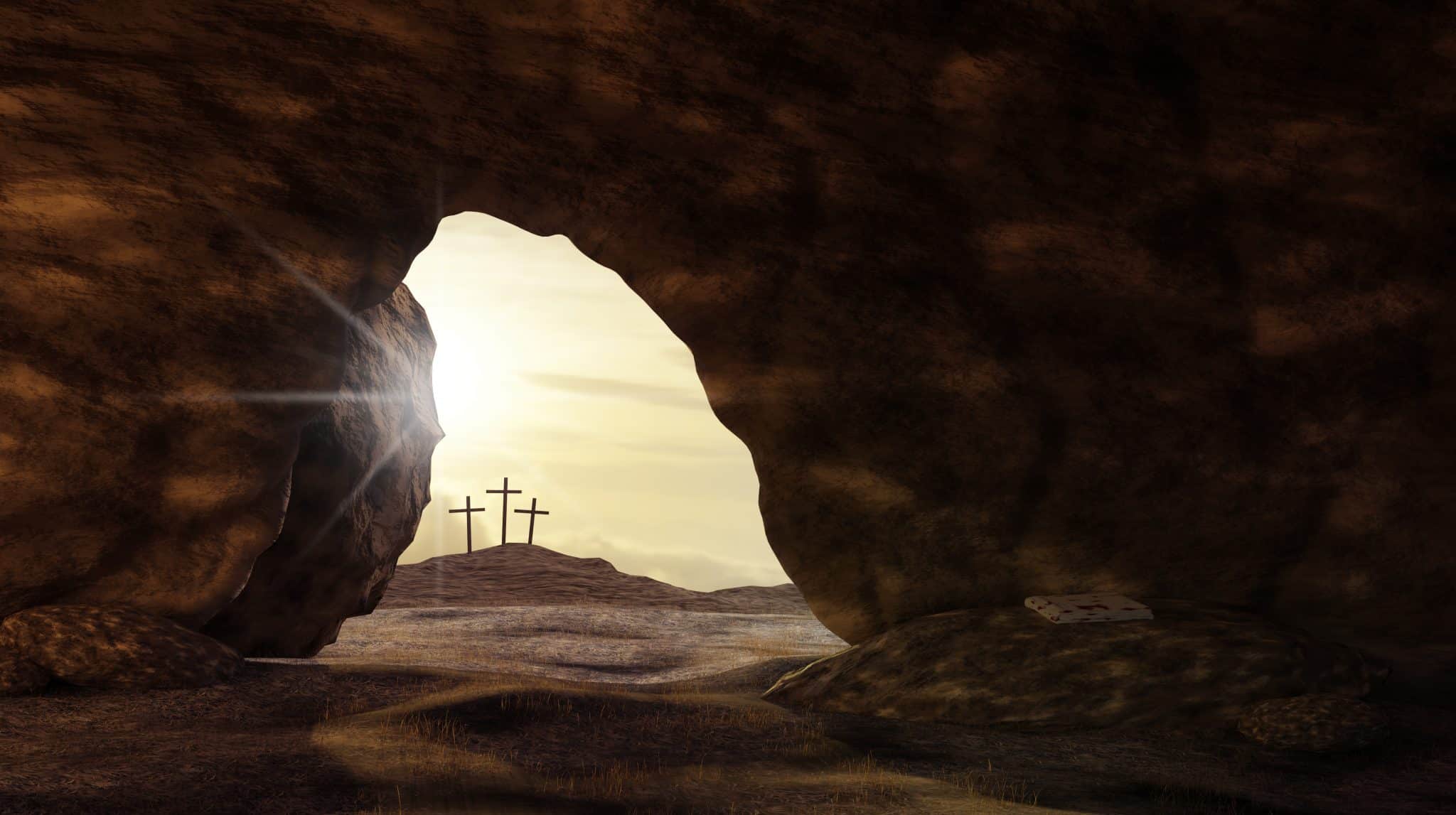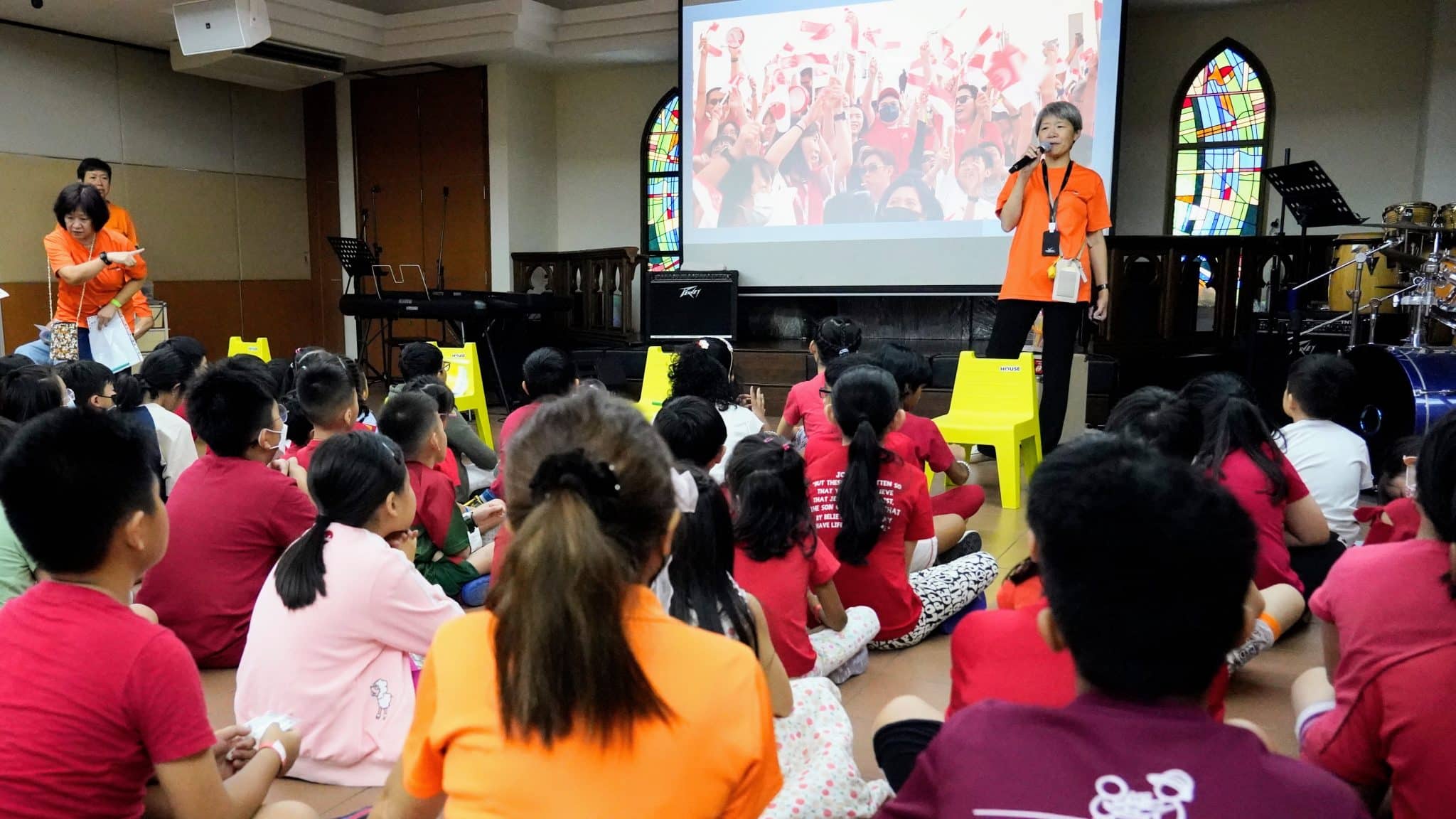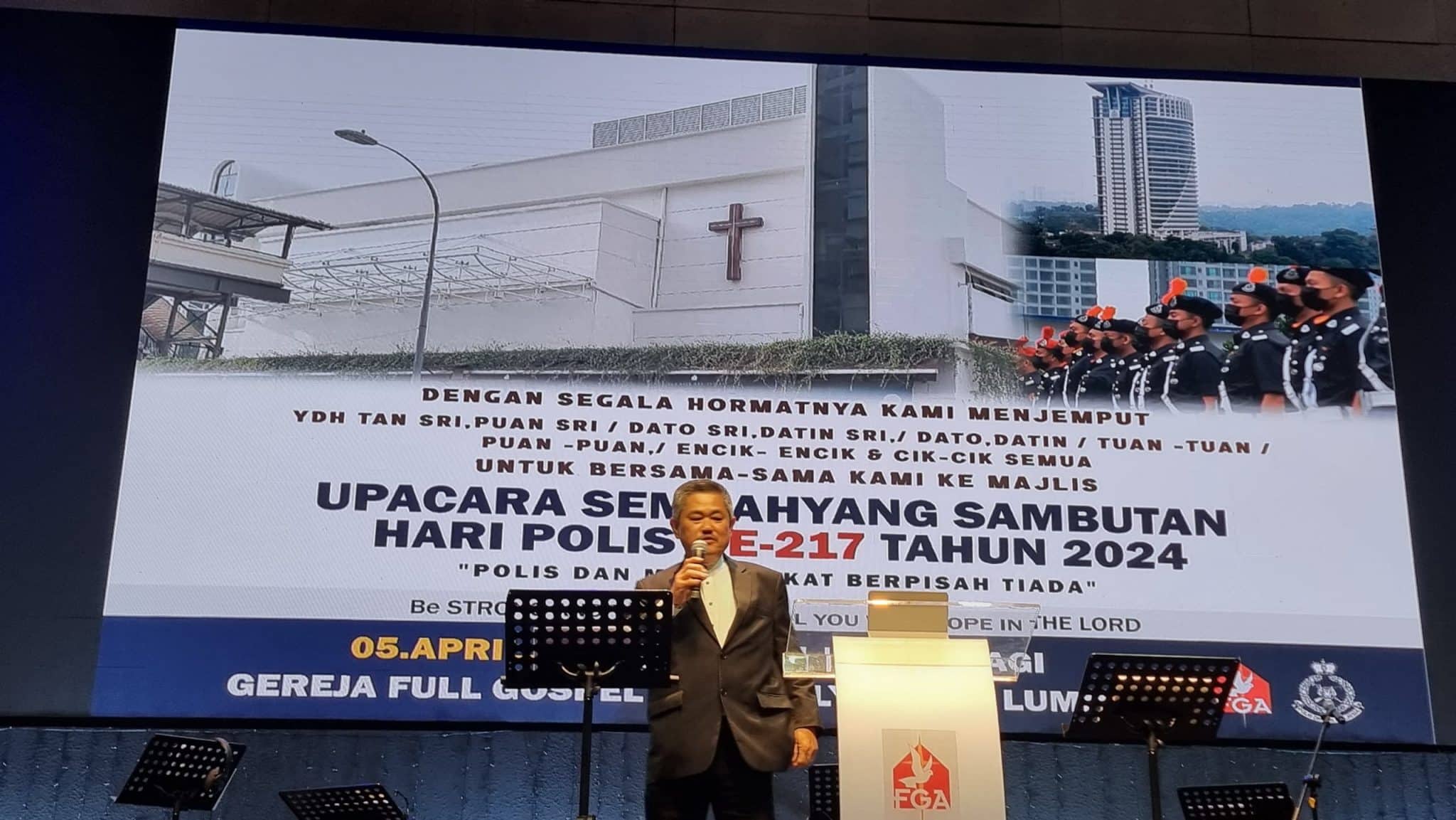This Easter, don’t just look back at the empty tomb
Rev Mark Collins // March 25, 2024, 4:18 pm

Easter Sunday is not primarily about commemoration, but commission, writes Rev Mark Collins. Photo from Depositphotos.com.
Easter isn’t a very good name for the holiday.
I say that mainly because almost nobody knows what the English word means. Chinese is much better here — 复活节, “Resurrection Day”.
Why we call it “Easter” has to do with the holiday as it was passed down through time, connected with spring festivals and associated with certain traditions. In that sense it got its English name by looking backwards rather than forwards.
When it comes to the resurrection of Jesus from the dead, that is mistake Jesus doesn’t want us to make. In the gospel of John, Jesus tells His disciples that Easter Sunday is not primarily about commemoration, but commission.
Our resurrected body
John 20:19-23 records it this way: “On the evening of that day, the first day of the week, the doors being locked where the disciples were for fear of the Jews, Jesus came and stood among them and said to them, ‘Peace be with you.’
“When he had said this, he showed them his hands and his side. Then the disciples were glad when they saw the Lord. Jesus said to them again, ‘Peace be with you. As the Father has sent me, even so I am sending you.’
In the gospel of John, Jesus tells His disciples that Easter Sunday is not primarily about commemoration, but commission.
“And when He had said this, He breathed on them and said to them, ‘Receive the Holy Spirit. If you forgive the sins of any, they are forgiven them; if you withhold forgiveness from any, it is withheld.'”
Sunday night, the disciples are inside someone’s house, and we are told the doors are locked for fear of the Jews. Once the leaders decided to wipe out the Jesus movement by killing Jesus, His followers had every reason to assume they were next. So they are very afraid, waiting for a knock on the door.
Jesus doesn’t knock. We are told that Jesus came and stood among them, and we get some insight into what the resurrected body is like. It is a physical body. He can eat with the disciples and can tell them to feel the scars in His hands and side.
It is also a spiritual body. Just as He passed through the grave clothes earlier, so here He can pass through the walls of the room. In 1 Corinthians 15 we read that the resurrected bodies of both Jesus and believers are “imperishable” or “incorruptible.”
So, the resurrected body is in some ways like the body we have now, yet also in some ways completely different and new.
Looking forward
Jesus says to them: “Peace be with you.” This could be thought of as both a greeting and as a comfort for their anxious hearts.
Friends, you and I will be much more useful to the Lord the more we realise that He doesn’t want us to serve Him in our own strength.
But notice He repeats it in John 20:21. I think we should link this with His words from the cross – “It is finished” – to understand it as a statement of the peace He won for the believer through the forgiveness of sins.
Now let’s stop and think about this scene: Jesus is here, alive after having been killed. Salvation is accomplished and we are ready for a joyful reunion of sorts. And there is joy – it says they were glad.
But Jesus isn’t looking backwards here, but forwards. He commissions them in the words that follow.
It is worth noting that the “Great Commission” here pairs with what we read in Matthew 28 or in Acts 1 as the mandate for the Christian life.
It’s a commission in three parts.
Firstly, He sends them as He was sent.
“As the Father has sent me, even so I am sending you.” (John 20:21)
He was sent by the authority of His Father to be incarnate among the people who needed saving. He came to serve them and give His life for them. So disciples are sent by His authority to be incarnate among people who need saving, and to serve them by telling them of the One who gave His life for them.
Secondly, He doesn’t just send, He empowers.
“And when he had said this, he breathed on them and said to them, ‘Receive the Holy Spirit.'” (John 20:22)
This passage has surprised many because it seems difficult to reconcile with Acts 2 and the coming of the Holy Spirit upon the disciples on the day of Pentecost. I take this here to be a kind of enacted parable where Jesus points ahead to what will happen later.
The point of this is that He is not merely sending them to do a work. He is empowering them for it.
Friends, you and I will be much more useful to the Lord the more we realise that He doesn’t want us to serve Him in our own strength.
When you stop and pray: “Lord give me strength to do this, because I can’t do it without You”, you are right where He wants you. The Lord has nothing to do with proud people, just humble ones.
So pray this today: “Lord fill me with your Spirit to do your work.”
Finally, He wants them to build a community, a church.
“If you forgive the sins of any, they are forgiven them; if you withhold forgiveness from any, it is withheld.” (John 20:23)
I think this verse is saying the same thing as Matthew 16:19 when He says that He will give them “the keys of the kingdom of heaven, and whatever you bind on earth shall be bound in heaven, and whatever you loose on earth shall be loosed in heaven”.
Remember that the resurrected Christ sends us as He was sent, to a lost and dying world with a message of hope.
It may sound harsh to us, but this is the simple reality that comes from the preaching of the gospel.
When the gospel is preached there is an “either/or” reality. Either people repent of their sins and trust in Christ … in which case they are forgiven by God. Or, they do not, then forgiveness is withheld from them.
This is the reality that we seek to give clarity to in the local church. We do not have the power to save anyone, but we have the power to speak with Christ’s authority about the gospel which can save anyone.
When a person’s profession of faith in Christ matches a life being lived for Christ, we extend the right hand of fellowship and the testimony of the community that this is a person who knows forgiveness of sins through Jesus Christ.
Commemorating our commission
It is natural with any holiday to look backwards. We form holiday traditions that cause us to remember family celebrations past.
This is not all bad. And Easter itself has much to commemorate, as we remember the sacrifice of Christ and His resurrection from the dead that forms our hope.
On this Easter, however, let’s also remember His commission. Remember that the resurrected Christ sends us as He was sent, to a lost and dying world with a message of hope.
Jesus died for the sins of anyone who will repent and believe the Good News. He empowers us by his Spirit to do all He has called us to do. And He asks us to give ourselves to the life of the Church, which is His body.
Happy Resurrection Day! 复活节快乐!
This article was first published by Grace Baptist Church and is republished with permission.
RELATED STORIES:
We are an independent, non-profit organisation that relies on the generosity of our readers, such as yourself, to continue serving the kingdom. Every dollar donated goes directly back into our editorial coverage.
Would you consider partnering with us in our kingdom work by supporting us financially, either as a one-off donation, or a recurring pledge?
Support Salt&Light




